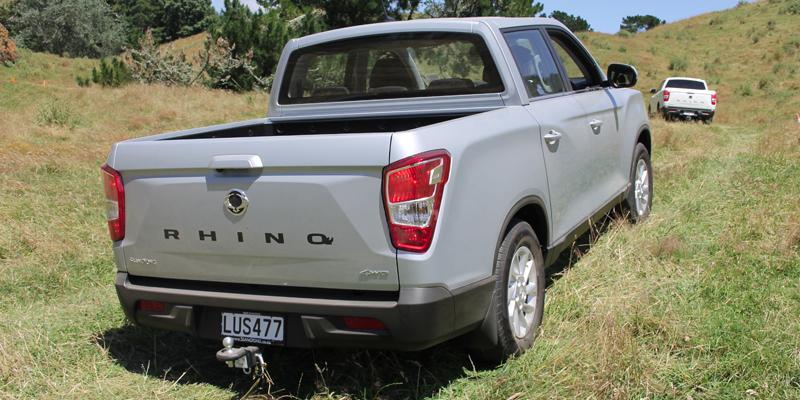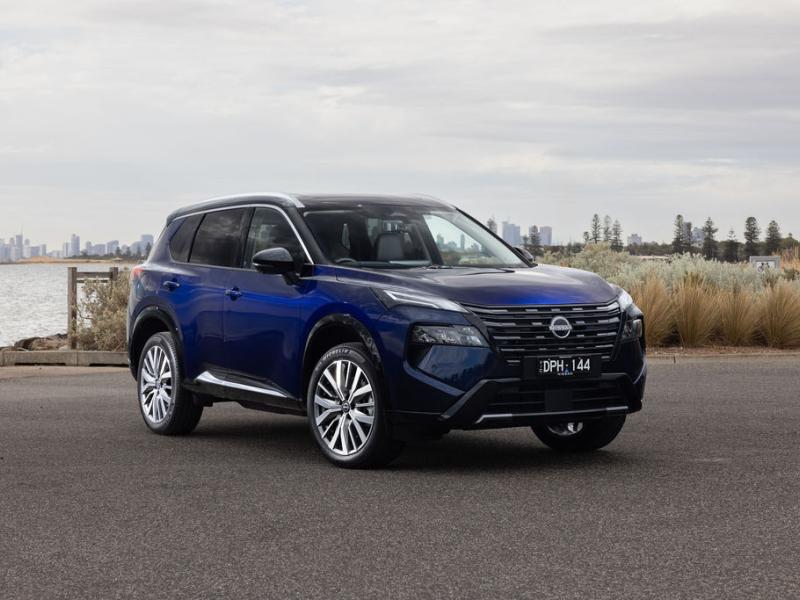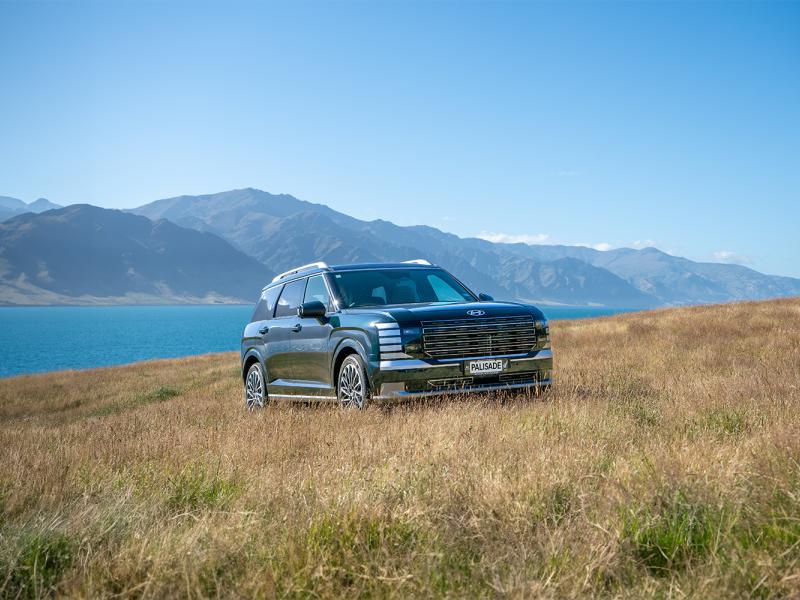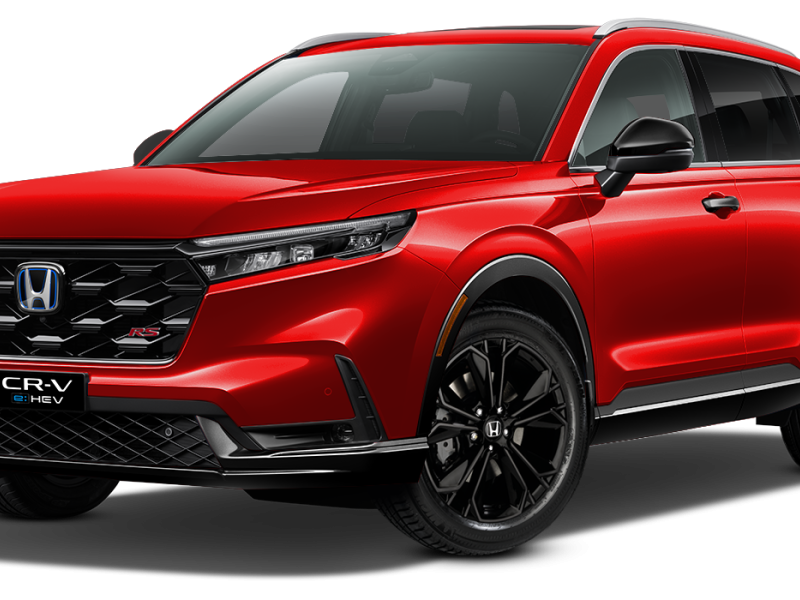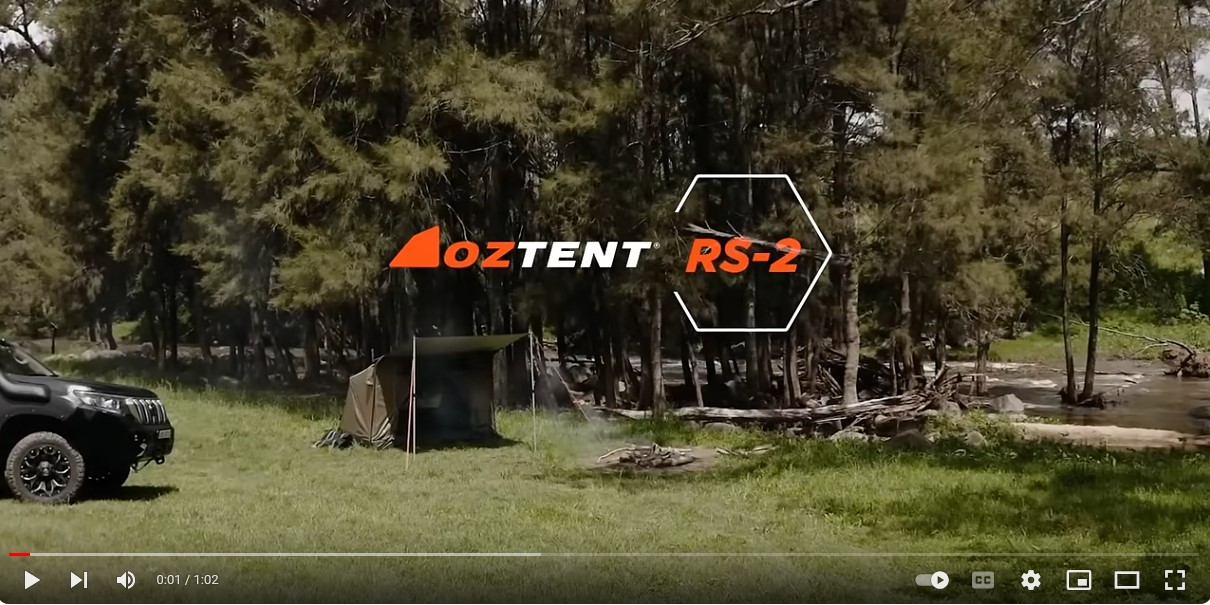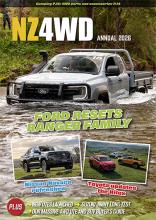The Rhino is SsangYong’s all-new Actyon ute replacement. We sent Sean Willmot to the NZ launch to check it out.
Rhino is the name SsangYong New Zealand has opted to run with for the fourth generation of the original Musso, launched in 2002 to 2006 when it became Actyon (second generation) until 2011 and then Actyon II (third generation) until 2017.
With each generation, the double cab ute (also known as Q200 and Rexton Sport) has evolved in power, physical size, broad appeal and specification.
At present, the Rhino is only available with a short tray – 1300mm high x 1570mm wide x 571mm deep -- which is slightly longer, slightly deeper and fractionally narrower than the Actyon II. But don’t worry, a ‘long tray’ version – 1610mm x 1570mm x 571mm – is due in another couple of months.
Why two tray options? Well, it helps position the Rhino in distinctive market segments. The short tray is targeted at the family leisure market, those with an active lifestyle.
The long tray – when it arrives – will be the workhorse, a business-biased ute. Both tray options come with an in-tub power socket and lash-down points
As such it is equipped as standard with leaf sprung suspension at the rear and a double wishbone arrangement up front, just as you might expect of a working ute.
For the short tray, recreationally-focussed Rhino, the front remains the double wishbone, but the rear takes the more pliable 5-link coil-sprung suspension for a better unladen ride and dynamics.
The overall model breakdown is a little more sophisticated than just deck lengths, however.
The NZ line up consists of a 2WD turbocharged petrol engine variant of short and long deck with either manual or automatic six-speed, a 4WD Sport turbo diesel in both deck lengths with the auto/manual transmission option and a 4WD SPR turbo diesel with the short and eventually long deck with an automatic transmission only.
The transmissions? Both six-speeds, the automatic from Aisin (Toyota), the manual from Dymos (Hyundai) and both well suited to either petrol or diesel engine.
SsangYong admits the turbo petrol engine may sound like an odd choice, but when Actyon was at its peak in 2015, the 2.3 litre petrol engine made up just under 50 per cent of the product sales volume.
The Rhino direct-injection 1998cc turbocharged petrol e-XGDI200T is considerably more advanced and puts out 166kW of power at 5,500rpm and 350Nm of torque from 1500 to 4,500rpm.
The diesel e-XDi220, meanwhile, has a 133kW@ 4000rpm power output and 400 to 450 Nm of torque between 1,400 and 2,800rpm.
Like the recently ungraded Rexton the new Rhino gets LED headlight positioning bulbs, daytime running lamps and turn signals, as well as aero blade wipers and clean sill doors, which prevent dust settling on the sills and reduce noise at the same time.
Cruise control, Bluetooth, steering wheel controls, trip computer, USB and input jacks, height adjustable driver’s seat and a spacious centre storage console are common to all Rhino cabins, while elsewhere, a factory fitted bed liner, front fog lamps, 25W HID headlamps and a full-sized spare tyre are also standard equipment across the range.
There is also a full suite of electronic driver aids which includes electronic stability control, traction control, brake assist, hill descent control and active rollover protection along with ABS brakes.
Speed sensitive door locking and a vehicle immobiliser system are all standard across the range.
Pricing for the entry level 2WD petrol manual starts at $25,990 + GST, the auto commands a $4k premium to $29,990.
The diesel steps it up a few to enter at $34,990 but remember, this does include the 4WD. $36,990 gets you self-shifting convenience.
At the top end, the 4WD Rhino SPR comes in at $43,490 with the auto only transmission.
To read the full story in the March 2019 issue of NZ4WD go to Zinio.com (February 18) or purchase your own hard copy at the Adrenalin store


